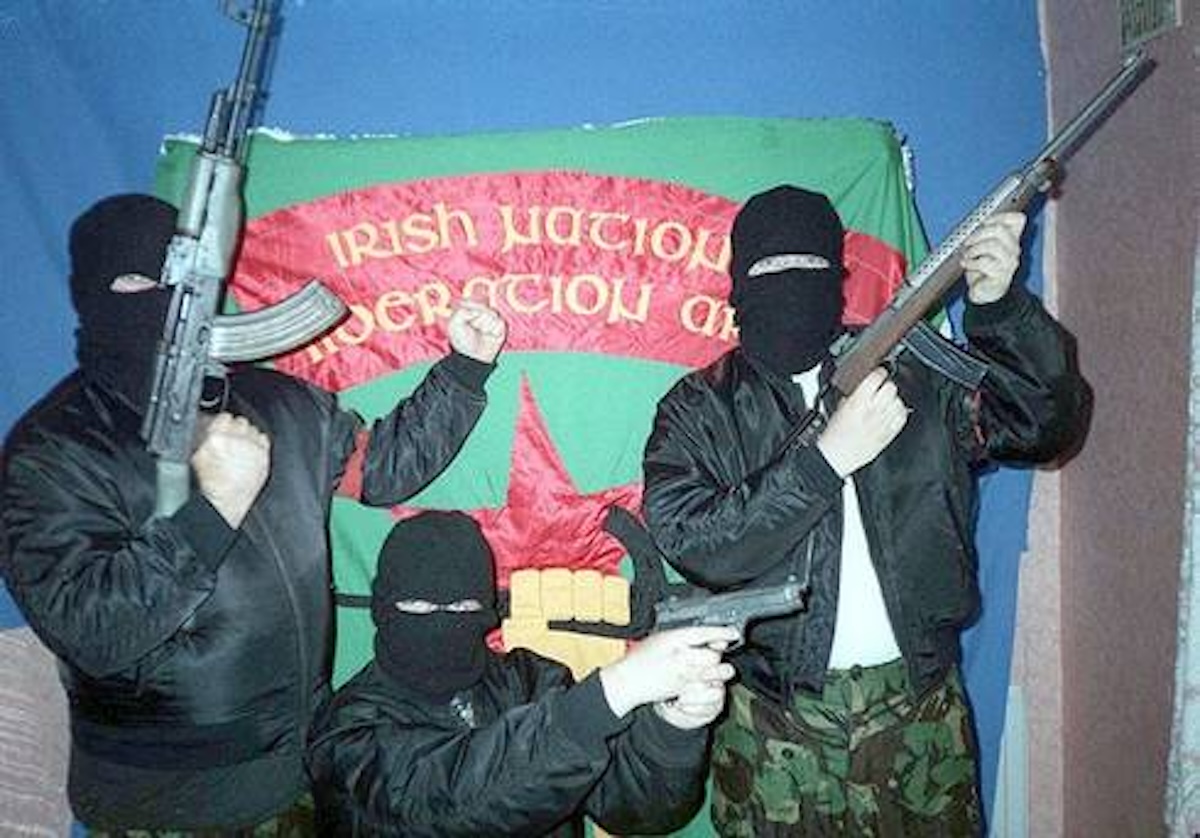
The Crown Forces protected an alleged state agent inside the Irish National Liberation Army as part of Britain’s “toleration of murder”, the High Court in Belfast has heard.
It was argued that the RUC police knew about the threat against John George but failed to take action before he was shot dead 40 years ago. Mr George, a 26-year-old Catholic man, was executed by the INLA as an informer in April 1984.
Representatives of his estate are suing the police chief for alleged misfeasance in public office over the circumstances surrounding the murder.
The case has echoes of the British double agent Freddie Scappaticci, who carried out a number of state-directed killings of republicans alleged to be informers.
At a hearing to seek further disclosure in the legal action, a judge heard that the RUC were aware the INLA intended to execute Mr George but the police never told him or his family.
The intelligence is believed to have come from an actual informer who was involved in the shooting but was protected from investigation because of his relationship with Special Branch.
Mark Bassett, representing Mr George’s estate, said it was a “reasonable and likely hypothesis” based on a police report and how agents were handled during the 1980s.
“State toleration of murder, that’s what we suspect happened in this case,” the barrister submitted.
Referring to the threat before Mr George was gunned down, he went on: “We are making criticisms of the investigation that followed, and this was consistent with RUC practice at the time to prioritise the protection of informants.”
The police report made no reference to the suspected involvement of any agent, but the court was told that the shielding of informers who had infiltrated the ranks of republican organisations had been systemic.
“On the balance of probabilities there must have been an agent because there were agents in the INLA at the time,” Mr Bassett responded.
He was seeking further disclosure of blacked-out documents provided as part of the legal action. The court heard the names of 11 individuals in the material had been redacted.
Mr Bassett argued that if any of them relate to informers who are now deceased it strengthened the case for having redactions “rolled back”.
Part of the proceedings were heard in secret to discuss a Crown Force request for a secrecy order.
Resisting the disclosure application, lawyers for the police said there was a need to protect British national security. The case continues.
![[Irish Republican News]](https://republican-news.org/graphics/title_gifs/rn.gif)
![[Irish Republican News]](https://republican-news.org/graphics/title_gifs/harp.gif)

